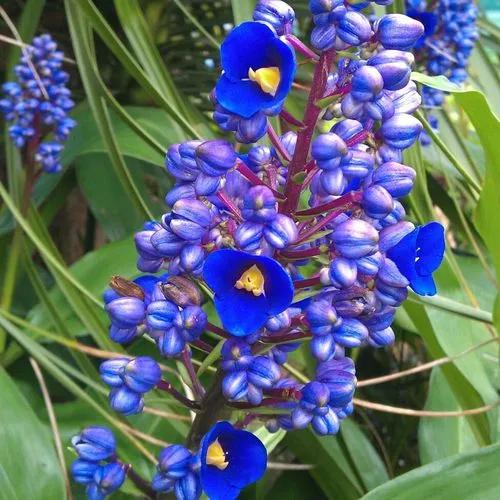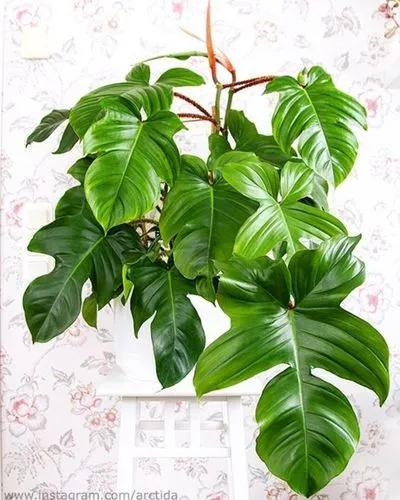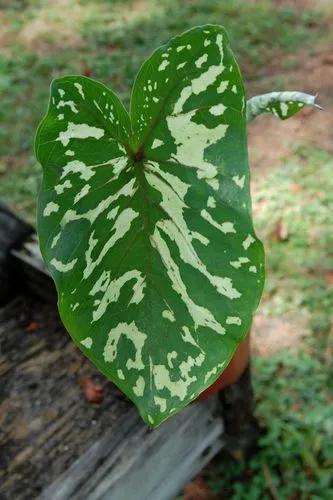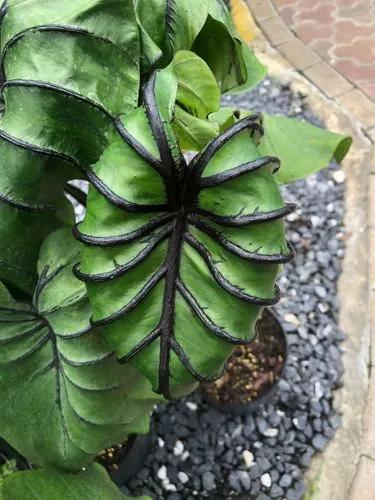The Peperomia Moonlight is protected by cultivation rights and has striking grey leaves. This Peperomia is a trendy and modern plant that is easy to care for and suits any spot in your sitting room. Just give it a small amount of water once a week. This little cutie has stunning heart shaped blue silvery leaves and just like its brother Peperomia Rosso, it won't grow too quickly, making it a great indoor plant perfect for your work from home desk. Its pet friendly, doesnt need too much TLC, and it's pretty.
Pepperomia Moonlight Care
Peperomia "Moonlight



How to Care for the Plant

Water

The succulent leaves of peperomia plants indicate that the plants don't need frequent watering to maintain vigor. Allow the surface of the soil to dry out between waterings. Keeping the peperomia on the dry side is better than saturating it, which leads to root rot and fungus gnat problems.

Fertilizer

When it comes to fertilizing, less is more for the peperomia. Discolored or dropping leaves are usually a result of inadequate light or excessive watering, not poor nutrition. As a slow-growing epiphyte, the peperomia can go its entire life without supplemental fertilizer, getting what it needs from its planting media.

Sunlight

Peperomia plants need a medium to bright light to maintain their vibrant foliage colors. Morning light and filtered light is fine, as well as 12 to 16 hours of artificial light. Insufficient light will result in fewer leaves, leaf drop, and drab coloration.

Soil

Many peperomia species grow as epiphytes in the wild. This is similar to the way many orchids grow: think of a plant nestled in the nook of a tree, sending its roots into some slightly decaying bark. Choose soil that mimics these conditions—chunky, loose, and acidic. An orchid potting medium works well. Regular potting soil is fine too; you can always lighten it with a handful of peat moss or vermiculite.

Temperature

Peperomia plants are hardy only down to USDA Growing Zone 10, which means they cannot be exposed to temperatures less than 30 degrees Fahrenheit. As tropical plants, peperomias like it warm and steamy, especially in the summer months when growth is most active.

Popularity

310 people already have this plant 99 people have added this plant to their wishlists
Discover more plants with the list below
Popular articles






